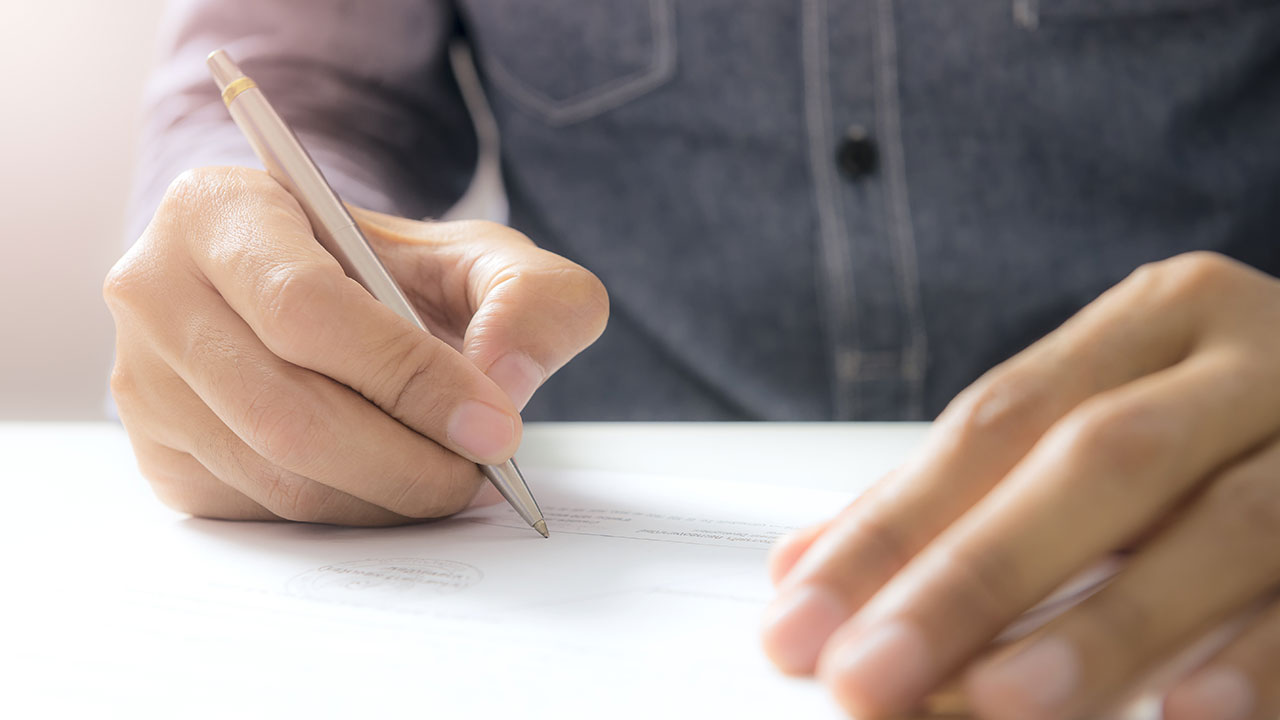What Does "Escrow" in Real Estate Mean?

If you’re planning on buying a home anytime soon, you’ll end up in escrow at some point before you take possession of the property. The question is, what exactly is “escrow” and how does it affect you?
Escrow comes into play once the offer has been accepted, and continues until the transaction actually closes. It is during this legal procedure that the deposit money that you offered the seller is held in a designated account, The escrow holder is provided with specific instructions how to handle the deposit. For instance, before the money is distributed out of escrow, it is required that specific conditions are met.
Escrow is also the time in which title of the property is transferred from the seller to the buyer. Such important duties are handled by an appointed escrow officer.
What’s the Point of Escrow?
Escrow essentially protects buyers and sellers and lowers any possible risk associated with a real estate transaction. Having a neutral third party involved when it comes to handling money and legal documents allows all parties in a transaction to interact securely with one another. Such a process assures everyone involved that no money will be distributed and no legal documents will be recorded until all conditions of the real purchase agreement have been fulfilled.
If you give your deposit directly to the seller and don’t end up with a done deal, the seller could realistically use that money as a negotiating tactic to persuade you to agree to their terms. At the same time, the seller likely wouldn’t want to hand you the deed to the property until they’ve received the full proceeds from you. Escrow helps protect both sides by ensuring that everyone gets what they deserve.
What Happens During Escrow?

Once escrow has been opened, the instructions for escrow – including the purchase price, inspections, contingencies, and related documents – are completed and signed by all parties. A title report will be obtained from a title company to make sure there are no outstanding liens against the home which could delay the closing procedures.
An escrow account holds money for homeowners insurance and property taxes, which your lender will pay on your behalf. It’s important that these taxes and insurance premiums are paid on time in order to avoid having a tax lien placed on title and to make sure the home is properly insured. By having an escrow account holding these funds, your lender will have more control over ensuring that these bills are up-to-date.
There is no set period of time for which escrow needs to remain open. It’s possible for a home to be in escrow for just a few days or even for weeks, depending on the specific circumstances of the deal.
Once the escrow officer has had a chance to carefully assess all files according to instructions and verified that everything is accurate and complete, the next step is the actual closing. At this point, a closing statement is prepared and a policy of title insurance is issued.
When you and the seller have received all the necessary closing documents, all pertinent funds and paperwork are distributed appropriately. It’s important that you carefully review your closing statement and contact your real estate agent right away if you notice any mistakes.
In exchange for proceeds of the sale, the seller will then hand over the keys. At this point, you will officially be considered the new homeowner!
The Bottom Line
Escrow can be pretty baffling, not just for you but the seller as well. The more you prepare yourself about escrow before the purchase of a home, the more you’ll understand exactly what’s happening after offer acceptance until closing. Luckily, your real estate agent will be with you every step of the way to help you through the escrow process and to answer any questions you may have until you the deal is finally sealed.